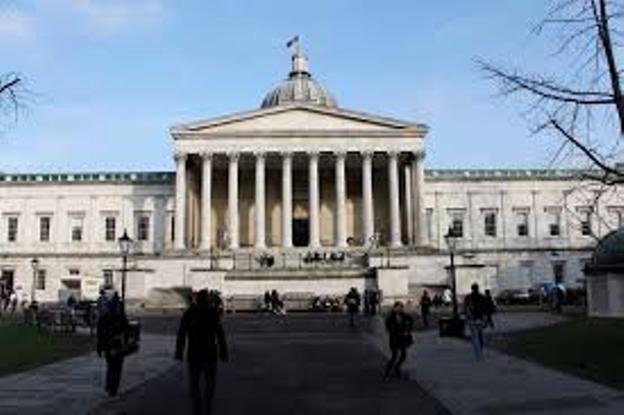Applications are invited for fully funded PhD Studentships in the fields of Biophysics, Nanotechnology, Engineering, Experimental Soft Matter Physics and Organic Synthesis. Studentships are available for UK/EU students.
The Department of Chemistry at UCL is located in the heart of the historical area of Bloomsbury. Scientific research and study has been a strong feature of UCL since its inception in 1826 and the Department is currently one of the top ranked Chemistry departments in the country, and indeed the world.
User Review
( votes)Scholarship Description
- Applications Deadline: November 30, 2018 and October 12, 2018
- Course Level: Studentships are available to study PhD programme.
- Study Subject: Studentship is awarded in the fields of Biophysics, Nanotechnology, Engineering, Experimental Soft Matter Physics and Organic Synthesis.
- Scholarship Award: The Studentships are fully funded.
- Nationality: Studentships are available for UK/EU students.
- Number of Scholarships: Three Fully Funded studentships are available.
- Scholarship can be taken in the UK
Eligibility for the Scholarship
Eligible Countries: Studentships are available for UK/EU students.
Entrance Requirements: Applicants must meet the following criteria:
Experimental Modeling of Optimal Search Strategies with Bioinspired Nanorobots at University College London
The successful applicant should have or expect to achieve a Masters-level degree (1st or 2:1 or equivalent for European degrees) in a relevant subject, e.g. Physics, Engineering, Natural Science or Materials Science, and an interest in working at the interface between biophysics, soft matter and photonics. The successful applicant will demonstrate strong interest and self-motivation in the subject, good experimental practice and the ability to think analytically and creatively. Good computer skills as well as presentation and writing skills in English are required. Previous experience in experimental soft matter and programming are desirable.
Systems Chemistry: Non-Equilibrium Synthesis and the Origins of Life
The minimum requirement is a first class or upper second-class honours degree (MSci, MChem) or equivalent.
English Language Requirements: Applicants whose first language is not English are usually required to provide evidence of proficiency in English at the higher level required by the University.
Application Procedure
How to Apply: Experimental Modeling of Optimal Search Strategies with Bioinspired Nanorobots at University College London
To apply in first instance, please email a motivation letter, an up-to-date CV and contact details for 2 referees to Dr Giorgio Volpe (g.volpe-at-ucl.ac.uk) who may also be approached for informal enquires. Ideal starting date: January 2019.
Systems Chemistry: Non-Equilibrium Synthesis and the Origins of Life
Applications, including a cover letter and full and up-to-date CV, together with the names, addresses and email addresses of two academic referees should be sent as soon as possible to Dr Powner (matthew.powner-at-ucl.ac.uk). Informal enquiries may also be made with Dr Powner.


